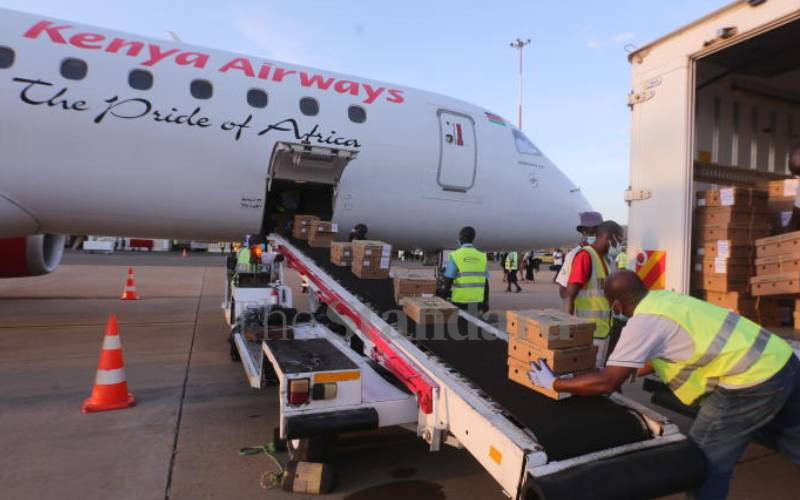×
The Standard e-Paper
Kenya’s Boldest Voice

Emerging concerns over increased carbon emissions and the rising cost of air freight are pushing fresh produce exporters to rely more on sea than air freight.
Shipping and logistics industry players who participated in the 2022 Fruits, Vegetable and Herbs conference held in Nairobi last week said it will be no longer tenable to export through air.